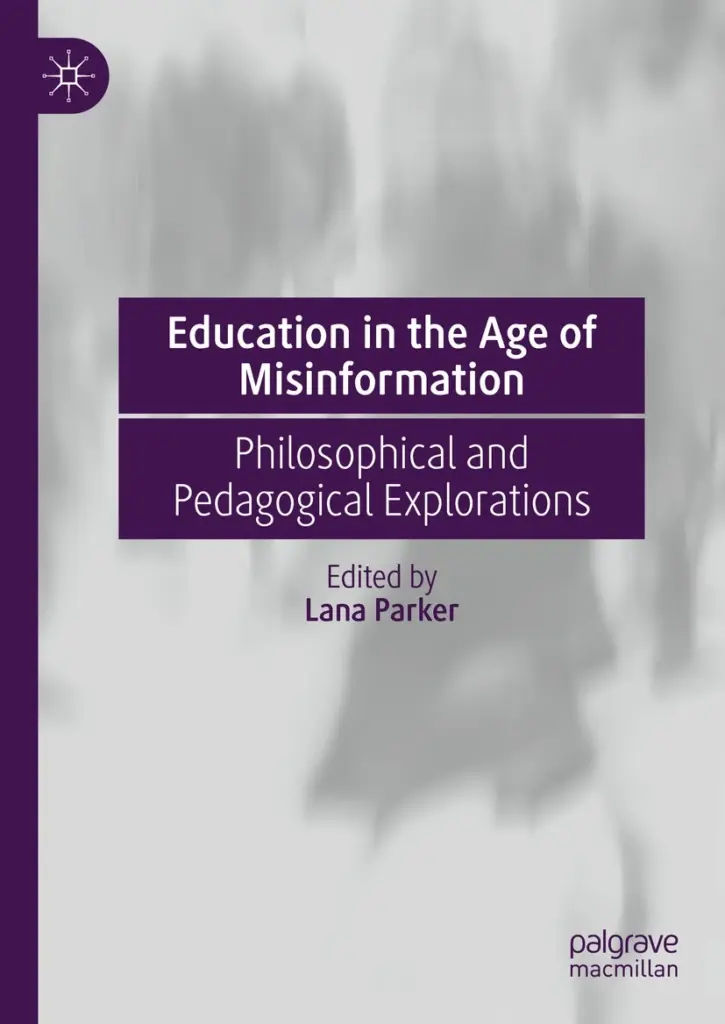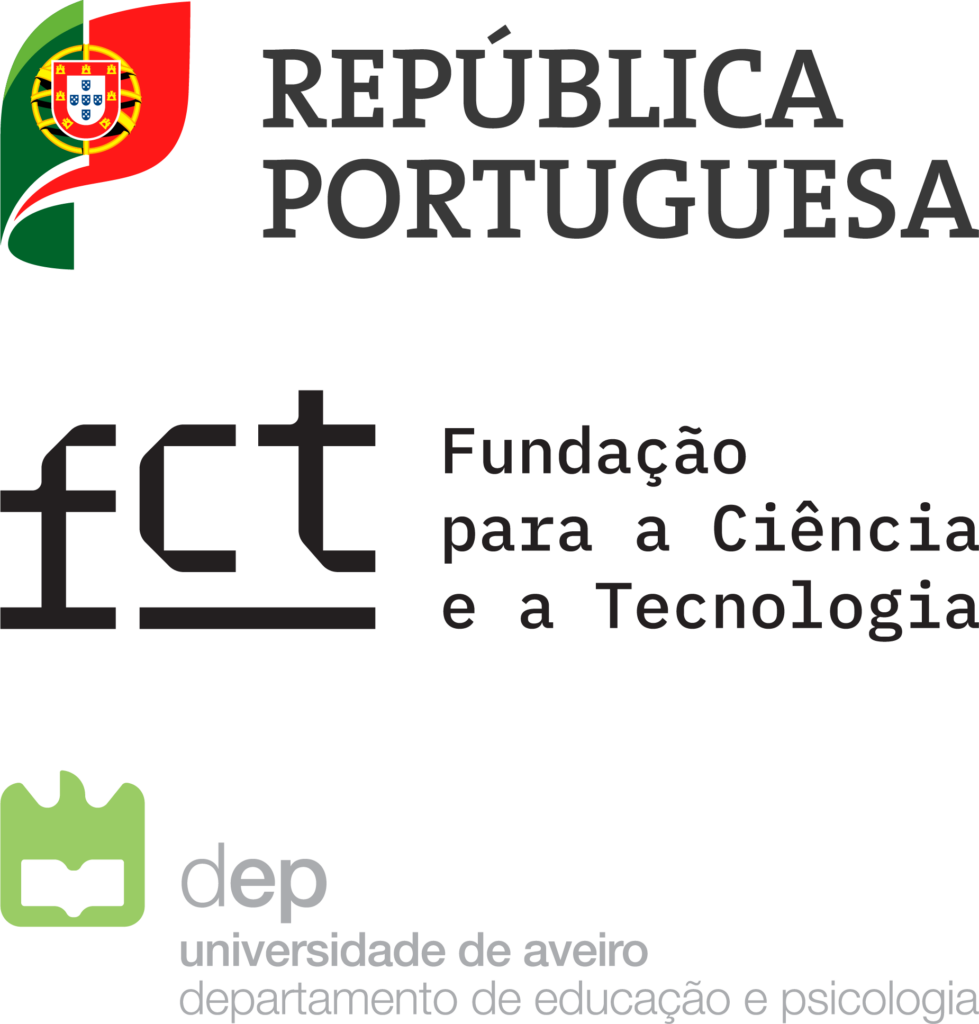Sílvia Melo-Pfeifer (CIDTFF) & Helena Dedecek Gertz | Education in the Age of Misinformation: Philosophical and Pedagogical Explorations, pp. 225-249
Abstract:
We analyse the perceptions of secondary school students in Germany regarding “fake news” (FN). First, we describe students’ awareness of the nature, frequency, and thematic scope of FN. Then, we look at students’ willingness to learn about FN, the mechanisms underlying it, and how they envision the integration of FN in the curriculum. We claim that effective pedagogies to develop students’ critical awareness about this phenomenon should be grounded in their lived experiences, in what we will call a situated and responsive pedagogy. Two elements are central for this pedagogy: first, bringing together student and teacher communities at school, as teachers are recognised by students as their most competent partners; second, combining top-down and bottom-up curriculum design and school development to allow student participation. Situated and responsive pedagogy offers the possibility of combining students’ digital and school lives, potentially creating maximal affective engagement in teaching and learning situations.
– – – – –
Referência:
Melo-Pfeifer, S., & Dedecek Gertz, H. (2023). Learning About Disinformation Through Situated and Responsive Pedagogy: Bridging the Gap Between Students’ Digital and School Lives. In L. Parker (ed.), Education in the Age of Misinformation: Philosophical and Pedagogical Explorations (pp. 225-249). Palgrave Macmillan. https://doi.org/10.1007/978-3-031-25871-8_12





